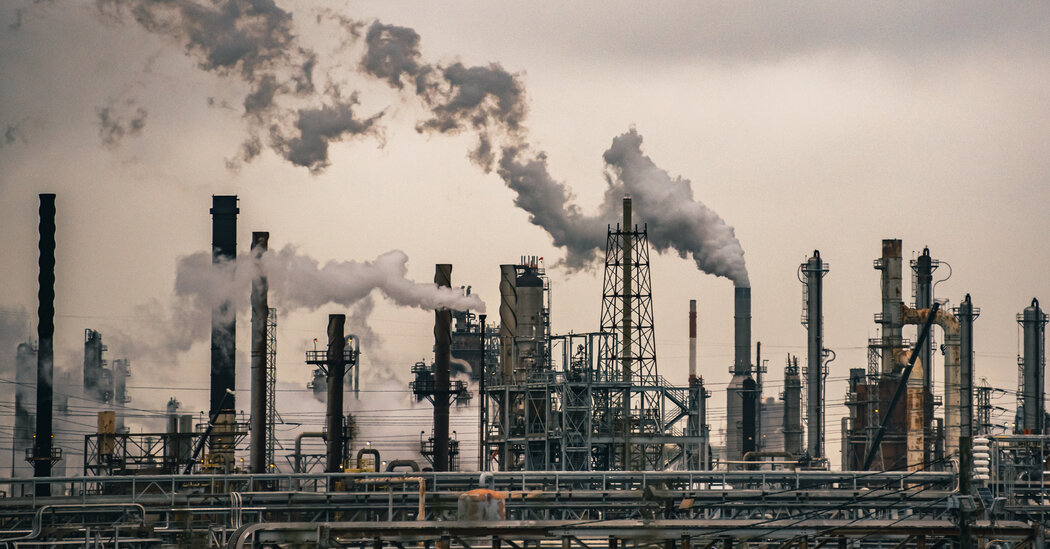A federal court on Friday temporarily halted new rules from the Securities Exchange Commission that require public companies to disclose more about the business risks they face from climate change, siding with two oil and gas companies that criticized the requirements as costly and arbitrary.
Approved by the S.E.C. this month, the rules require some publicly traded companies to disclose their climate risks, and how much greenhouse gas emissions they produce. Industry groups, as well as their political allies, have filed numerous lawsuits challenging the regulation.
The U.S. Chamber of Commerce, which represents a wide cross-section of industries, filed suit in the U.S. Court of Appeals for the Fifth Circuit this week to stop the rules, calling them unconstitutional. Ten Republican-led states have also sued to stop the rules.
The emergency stay granted by Fifth Circuit judges on Friday came in a case brought by two fracking companies, Liberty Energy and Nomad Proppant Services. “There is no clear authority for the S.E.C. to effectively regulate the controversial issue of climate change,” the two companies wrote in their petition. They were “arbitrary and capricious,” the two companies said, and violated the First Amendment, which protects free speech, by “effectively mandating discussions about climate change.”
In addition, the rules would cost companies “irreparable injury in the form of unrecoverable compliance costs,” they said.
Climate disasters, including extreme weather like hurricanes, floods and drought, are taking a rising toll on people as well as businesses around the world. In 2023, the United States experienced a record 28 weather and climate disasters that cost at least $1 billion each, according to the National Oceanic and Atmospheric Administration. Treasury Secretary Janet Yellen said last year that losses tied to climate change could “cascade through the financial system.”
